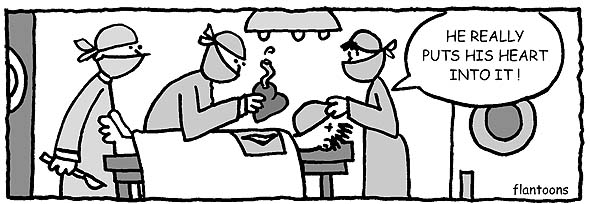
Today you are going to do some reading for information. Use the link below to read about a new activity for students at EC London. Answer all the questions. How well can you understand the info?
This link opens a new window: EC London Blog - EC London’s Breakfast club!
Link: Another lesson on understanding written text
Take a look at these ten words and choose the opposites (antonyms).
near: "I live near here. It will only take a couple of minutes to get home."
quiet: "The house is quiet when everyone has left for work or school."
Patrick is at an English school in Malta. His friend, David, has sent Patrick an email asking about his trip. Read through the email and help David choose the correct missing words.
Hi Patrick,
I'm very _1_ to hear about your study abroad trip to Malta.
First things, first. Here are four idioms and natural English expressions which using the word first.
A member of a group who has more power (or is more important) than the rest, even though officially the members are all on the same level. One person is higher than the rest when they should all be the same.
"The Pope is first among equals in the Roman Catholic Church."
Bodies - we all have them. When you get to my age, you notice that they don’t work as well as they used to. Just like an old car, they’re harder to start in the morning, they don’t go as fast as they used to and they suddenly start making strange noises! But that’s enough about my problems.
How well do you know these basic body parts in English? Type in the missing words. Thanks to Adele at EC Cape Town English school for today’s lesson.
Chris
Frequency adverbs show how often something happens. They usually come before the main verb in a sentence: "I sometimes cook Italian food."
Take a look at the words and decide if they are nouns, verbs or adjectives.
Noun: a word that refers to a person, place, thing, event, substance or quality e.g.'nurse', 'cat', 'party', 'oil' and 'poverty'.
Verb: a word or phrase that describes an action, condition or experience e.g. 'run', 'look' and 'feel'.
Adjective: a word that describes a noun e.g. 'big', 'boring', 'pink', 'quick' and 'obvious'.
In English, the word like is flexible and has many uses. Can you tell the difference in meaning when it is used in a variety of questions?
Match these answers to the questions below. Don't type in the whole answer, only use the letters shown.
Complete the following sentences using the correct preposition. Use a dash "-" when you think that no preposition is needed.
Good luck!
Lesson by Adele, EC Cape Town English language school

Today's cartoon is based on the idiom Put your heart into something:
When you put your heart into something you make a lot of effort to do something.
"He's the kind of person who puts his heart into his job."
"She wanted her company to be a success and really put her heart into it."